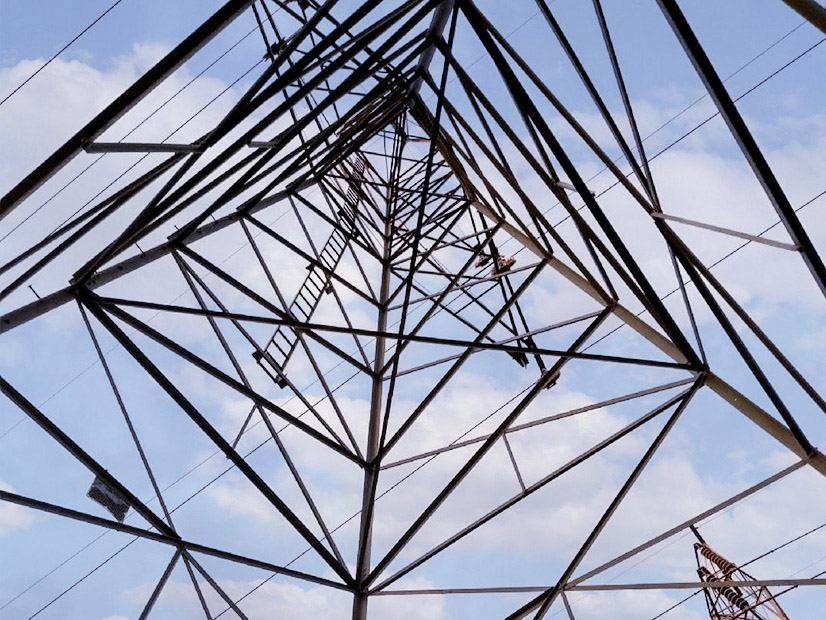MISO transmission owners have filed with FERC to eliminate all reactive power and voltage-control charges from their own and affiliated generation resources.
The TO sector said the revisions will result in a rate decrease for transmission customers. They agreed in October to make the filing and requested FERC backdate the change to Dec. 1 (ER23-523).
Under Schedule 2 of MISO’s tariff, most generation owners can apply to receive separate compensation for their reactive supply. The TOs said they no longer want any separate charges to pay for reactive service supplied within the standard power factor range of 0.95 leading to 0.95 lagging power factor.
The TOs proposed that online generation called up or manually redispatched by MISO to furnish reactive power outside of the generator’s deadband (a control system’s band of input values where the output is zero) should still be compensated. They said their proposal would put an end to generation receiving “compensation whether or not it ever actually supplies reactive power or whether or not it is located in an area where there is an actual need for additional reactive power.”
FERC has previously ruled that generators don’t have to be paid for reactive power within the standard range, the TOs said.
During an Advisory Committee meeting Wednesday, members asked whether the TOs expect resistance to the filing.
“I think there are a number of different views on the filing, so there is a possibility that it will be protested,” Stacie Hebert, a TO representative for Otter Tail Power, said.
MISO said it has not taken a position on the filing but submitted it to FERC on behalf of its TOs.
The TOs emphasized that their proposal will not affect the grid’s reliability.
“The proposed revisions eliminate the capability-based reactive power compensation via Schedule 2, and impact neither the need for or creation of reactive power nor the ongoing obligation of generators to provide reactive power,” MISO TOs said. “In other words, new generators will still be required to have the capability to provide reactive power within the deadband as a condition of obtaining interconnection and all generators will still be required to operate with that capability enabled as a condition of maintaining an interconnection.”




